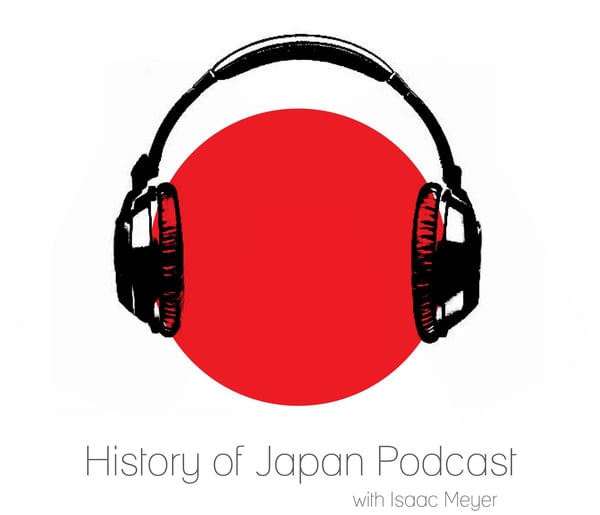Episode 76 - The Ten-Thousand Leaves
History of Japan
Isaac Meyer
4.8 • 744 Ratings
🗓️ 8 November 2014
⏱️ 23 minutes
🧾️ Download transcript
Summary
We're turning our attention this week to Japan's first classic of poetry: the Man'yoshu, or the Collection of Ten-Thousand Leaves. We'll trace the origins of the work as well as its cultural impact through the ages, and talk about why it is we should care about a bunch of poems some of which date back to times contemporary with the Roman Empire.
Transcript
Click on a timestamp to play from that location
| 0:00.0 | This week's episode is brought to you by Audible. |
| 0:03.8 | Audible has over 150,000 titles to choose from, all compatible with iPhone, Android, Kindle, or your MP3 player of choice. |
| 0:14.3 | For listeners of the show, Audible is offering a free 30-day trial membership, complete with credit for a free audiobook of your choice. |
| 0:22.6 | You can cancel any time and keep the free book, or keep going with one of Audible's subscription offers. |
| 0:28.9 | Go to audibletrial.com slash Japan to claim your offer. |
| 0:33.6 | This week, I'm going to recommend Embracing Defeat, Japan in the Wake of World War II, by John Dower. |
| 0:41.5 | This is one of the books anyone interested in Japan should read. |
| 0:45.6 | It's an absolutely tremendous work on the American occupation and its attempt to remake Japan in the American image. |
| 0:53.1 | Fascinating, insightful, and occasionally very disturbing, |
| 0:56.9 | it's an incredible work of history. |
| 0:59.7 | Go to audibletrial.com slash Japan to listen to it today. Hello and welcome to the History of Japan podcast. Episode 76. |
| 1:29.1 | The Ten Thousand Leaves. |
| 1:35.0 | This week, we're going to be talking about one of the most famous works of Japanese literature ever written. |
| 1:37.0 | It's a collection of poetry older than any other in Japan, and as a result, it's taken |
| 1:42.3 | on a significance far beyond what you might expect. |
| 1:45.0 | The book I'm referring to is called the Mon Yoshu, which translates as a collection of 10,000 leaves. |
| 1:53.0 | However, there's a lot of debate surrounding this work, and one of the debates is over the title. |
| 2:00.0 | 10,000 in East Asia, is often used as a sort of metaphor, simply meaning a great mini. |
| 2:06.7 | And thus some scholars argue it's more correct to translate the title as a collection of numberless |
| 2:12.1 | leaves or something similar to that. |
| 2:14.8 | It's up to you which you prefer. I'm going to go with the majority on this one and just |
| 2:19.5 | use the Japanese name. The Man Yoshu was assembled in or shortly after 795 AD during the middle |
... |
Transcript will be available on the free plan in -3797 days. Upgrade to see the full transcript now.
Disclaimer: The podcast and artwork embedded on this page are from Isaac Meyer, and are the property of its owner and not affiliated with or endorsed by Tapesearch.
Generated transcripts are the property of Isaac Meyer and are distributed freely under the Fair Use doctrine. Transcripts generated by Tapesearch are not guaranteed to be accurate.
Copyright © Tapesearch 2025.

